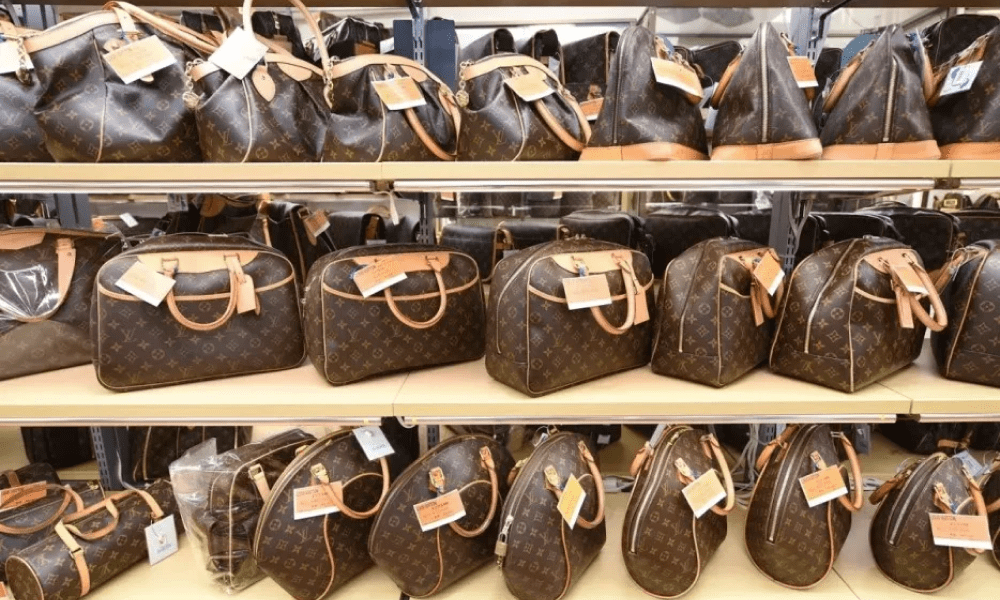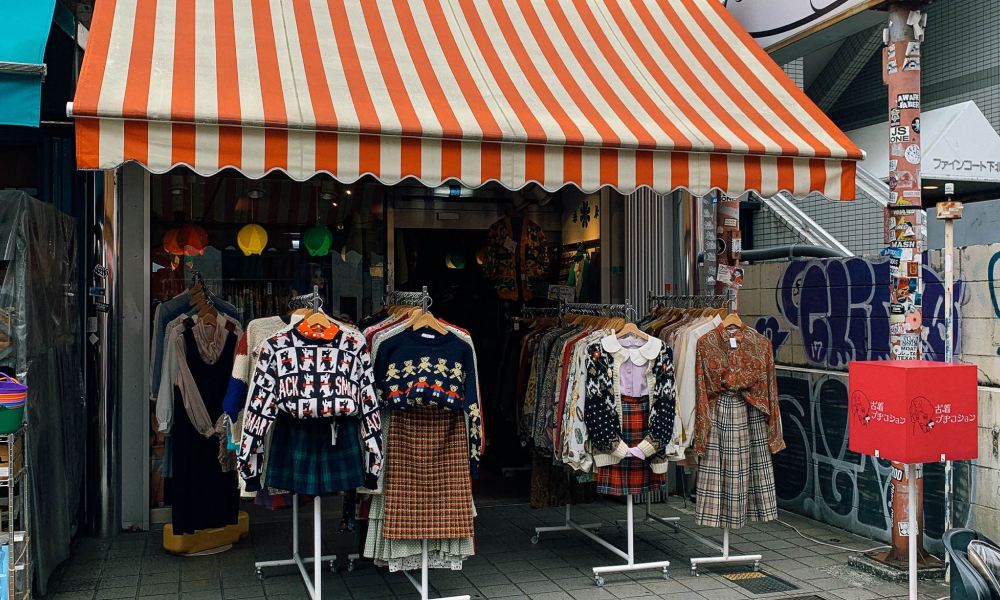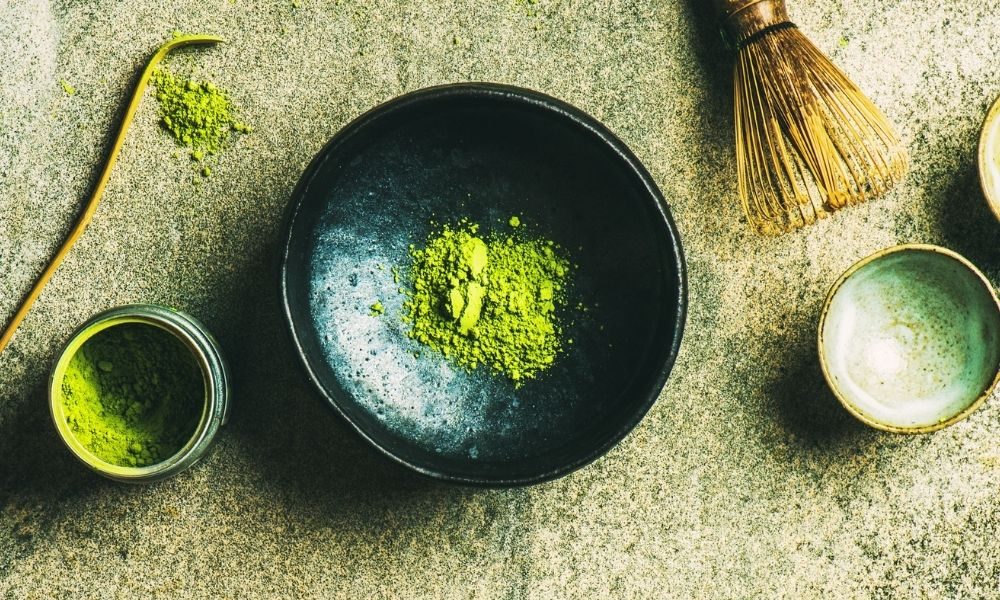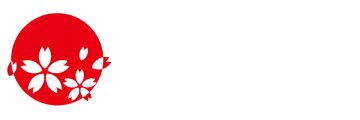Japan’s Booming Luxury Second Hand Market: In the shopping world, a new trend is quickly gaining popularity: buying secondhand luxury goods. About using your money wisely, not just finding a good bargain.
The Rising Trend
Luxury items such as designer handbags and sports watches transcend their status as mere ostentatious adornments.
They’re valuable assets that can maintain or even increase in value over time. The demand for Japan’s Booming Second Hand Luxury Market is increasing. You can observe this in the busy streets and fancy shops. Here, a unique blend of quality and value comes to the forefront, offering shoppers both prestige and efficiency.
As this trend gains momentum, it’s reshaping consumer attitudes towards luxury goods. People now view these items as smart, sustainable choices, not just as indulgences. Shoppers who choose secondhand items are making wise economic choices and helping to create a more sustainable fashion world. Younger generations are truly into the unique stories and characters that come with pre-owned luxury items.
Japan is changing their tax-free system for foreign visitors. Here’s what you should know.
Japan’s Unique Stance in the Second hand Luxury Market
Individuals globally desire pre-owned luxury items. Websites like Vestiaire Collective are changing the way people buy these fancy items. Yet, Japan stands out with its distinct approach in using pre-loved items to earn.
Salary increments are minimal and price levels are stable. This results in individuals not feeling pressured to purchase new, high-priced items. This shift in consumer behavior has given rise to Japan’s flourishing secondary market for luxury goods.
In Japan, you can buy luxury items like designer bags, stylish clothes, and fancy watches at much lower prices. People love finding high-quality, luxury things for way less than they usually cost. This draws not just locals, but also people from other countries and tourists, making Japan a more exciting place to visit.
Moreover, this market is not just about It’s not just about being affordable; it’s about being accessible. It opens the door for a broader demographic to experience luxury brands, which were once out of reach for many. This popularization of luxury resonates deeply with the modern consumer ethos. Combining the aspiration for luxury items with the convenience of cost-effective purchasing.
The luxury resale market is a significant part of shopping. It offers a unique shopping experience for various buyers, including young professionals and experienced collectors. The market combines history, quality, and value, providing something for everyone in the Japanese second hand luxury market.
Let’s examine Japan’s Booming Luxury Second Hand, Market which is unique globally and appeals to various customers. We’ll use examples like the Rolex Explorer I and the vintage guitar market to show how rich and diverse this market is.
Rolex Explorer I (Ref.114270): A Case Study

A prime example of Japan’s lucrative second hand luxury market is the Rolex Explorer I (Ref.114270). This sought-after sports watch, produced between 2000 and 2010, features an automatic movement and a Parachrom hairspring. Its strong build and unique Arabic numerals are well-known for watch enthusiasts and international collectors.
This watch sells for about ¥750,000 to ¥950,000 in Japan, but costs $6,300 to $8,500 in other countries. Japan offers great deals on watches, with a significant difference price of 7,700 USD attracting people worldwide.
The World of Vintage Guitars in Japan

The vintage guitar market in Japan offers a similar story. Old guitars from famous brands like Fender, Gibson, and Martin, especially those from the 1950s and 60s. They have a lower cost in Japan compared to the USA.
Japanese music stores are selling these guitars both in Japan and online to people all over the world. This has made Japan a popular place for guitar collectors who are looking for these special guitars at better prices.
Japan’s Win-Win Pricing Strategy
Japan’s pricing strategy for these luxury items presents a dual advantage. With the yen’s decrease in value, selling these items on the international market gains more profit for Japanese sellers. Furthermore, these international transactions are exempt from consumption tax, and sellers can reclaim any tax they initially paid. Potentially making the business of selling second hand luxury goods in Japan both profitable and appealing.
Exploring Japan’s Unique Luxury Items

Japan’s market is beyond just watches and guitars. It boasts a rich array of luxury items, from high-end designer fashion to rare collectibles. Shoppers can find luxury bags, often available at a fraction of their retail price. Including unique and ready-to-wear pieces that are hard to find elsewhere.
Japanese Craftsmanship and Quality
People highly value the quality of products from Japan, which makes the pre-owned luxury market there extremely popular. Buyers believe that what they’re buying is real and well-made, and this trust is making the market grow. People are aware that when they purchase second-hand items from Japan, they can expect high quality. Growing the numbers of customers and partners each day.
Many don’t know that many successful brands known for their quality worldwide come from Japan. Check out Successful Japanese Brands Worldwide
Conservation of The Resale Market
Japan’s used luxury market is growing because of global environmental concerns. When customers choose to buy secondhand things, they are making choices that are better for the planet. They help reduce waste and the need to make new things. The luxury resale market is growing globally as people are considering eco-friendly shopping options.
Long-Term Investment and Value Appreciation
Many buyers view Japan’s luxury resale market as a long-term investment opportunity. Investors know that products like Rolex watches increase in value over time. Providing not just personal enjoyment but also a savvy financial decision with its customers.
The Cultural Aspect: Japan’s Influence on Global Luxury Trends

Japan has long influenced global fashion and design trends. The country’s unique aesthetics and meticulous attention to detail have significantly impacted luxury trends worldwide. This cultural influence adds an extra layer of appeal to Japan’s second hand luxury market. Attracting buyers who appreciate both the savings and the cultural significance of these items.
Japan Tourism and the Luxury Market
Japan’s market for used luxury items is a great spot not just for people who live there but also for tourists. Increasingly, tourists in Japan are shopping for luxurious goods. They’re looking for special deals on high-quality, high-end products. This makes Japan a popular place for tourists who want to buy luxury goods without spending too much.
World Full of Opportunities
Japan’s state of luxury resale is full of opportunities from serious collectors to smart shoppers. You can buy fancy watches, guitars, and designer clothes at affordable prices.
This market shows off Japan’s special way of doing things, both in money matters and culture. It also fits well with worldwide efforts to save resources and spend money wisely. For anyone looking to enjoy luxury without spending a lot, shopping in Japan is an exciting and affordable adventure.










